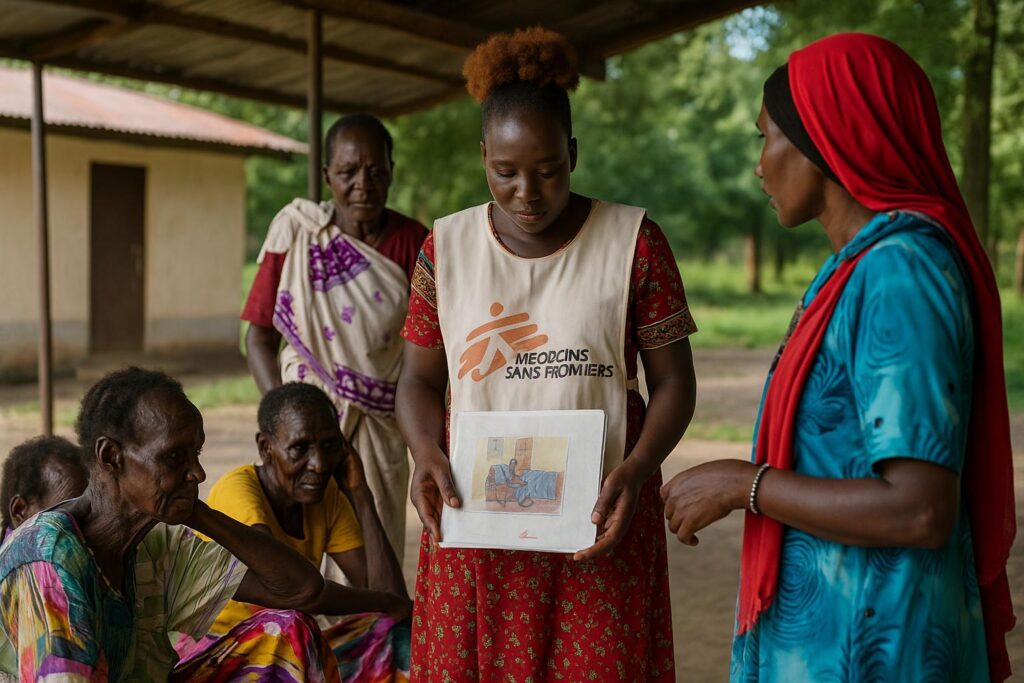A System Strained by Conflict
Decades of war, displacement and economic fragility continue to weigh on South Sudan’s collective psyche. Clinics struggle to keep pace with trauma, anxiety and depression spreading through families.
When insecurity forces health workers to flee, psychiatric services vanish overnight, leaving remote towns without medication or counselling until the next funding cycle arrives.
Stigma Driving Detention
Without doctors nearby, desperate relatives sometimes petition police to lock distressed loved ones behind bars, believing iron doors will guard both patient and neighbourhood.
Malakal Central Prison reserves a dim corner for such inmates, confirming that criminal and clinical pathways still collide in 2025.
“I knew I was unwell, but not a criminal,” recalls former detainee Samat Nyuk, who spent weeks on a thin mat as mosquitoes buzzed and voices tormented him.
MSF’s Community-Centred Model
Médecins Sans Frontières began weekly rounds in the prison in 2023, combining antipsychotic drugs with counselling supplied by Ministry of Health staff.
At Malakal Teaching Hospital, educators like Angelina Achol host psycho-education sessions in waiting areas, translating clinical jargon into Dinka, Shilluk and Arabic so families understand relapse signs.
Between January and August 2025 the team held 1,130 consultations; women represented two-thirds of cases, underscoring how conflict’s hidden burdens often fall on mothers and daughters.
Early Results and Remaining Gaps
Regular pills and talk therapy helped stabilize psychosis, bipolar disorder and severe depression in most enrolled prisoners, according to MSF mental health manager Laura Ximena.
Yet insecurity, food shortages and budget cuts still threaten follow-up. One in twelve patients confessed suicidal thoughts during 2025, with April marking the year’s bleakest spike.
Ximena urges authorities to weave psychotropic medicines into national supply chains and guarantee buffer stocks so treatment never pauses at the first roadblock.
Voices of Recovery and Hope
Samat now walks Malakal’s dusty streets in search of work, medicine packet in pocket. “What gives me hope is freedom,” he says.
Community radio dramas, school talks and chiefs’ forums are further chipping away at stigma, proving that healing requires both tablets and trusted voices.
Across South Sudan the lesson grows clear: prisons are built for punishment, not psychiatry; investment in people, not padlocks, charts the path to stability.


